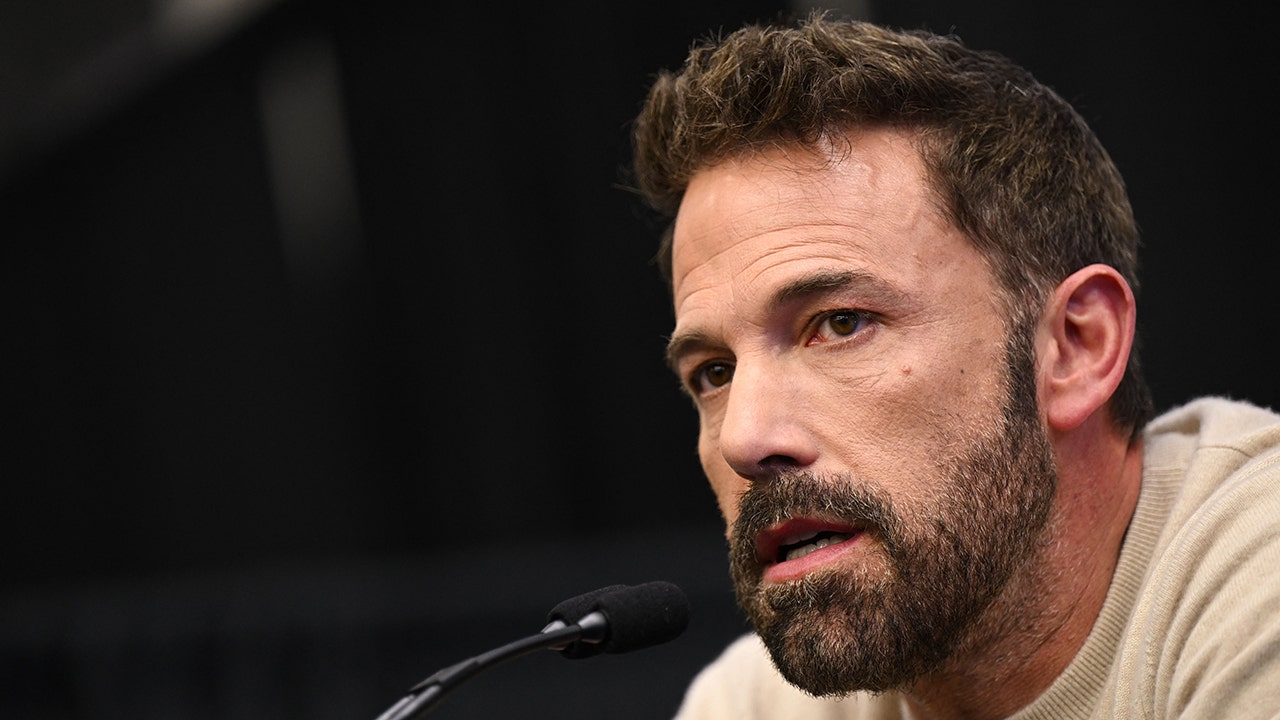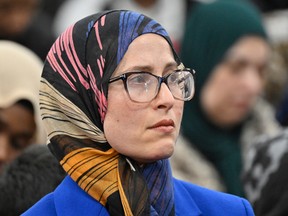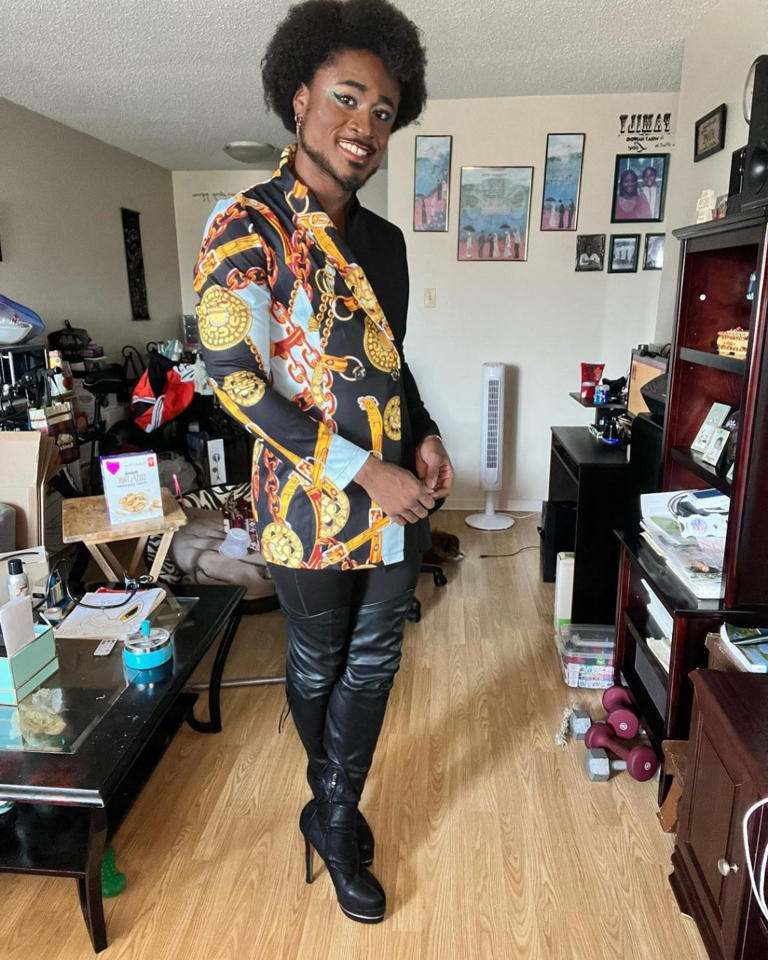Ben Affleck Warns Actors Could Face Cancellation Over Comments
Hollywood’s Tightrope: Ben Affleck Sounds Off on Cancel Culture
In the glittery yet turbulent world of Hollywood, where yesterday’s darling can quickly turn today’s villain, Ben Affleck recently stirred the pot by voicing concerns about cancel culture in the entertainment industry. You might be asking yourself, “What’s the big deal?” and “Can it really be that serious?” Trust me, it is, and here’s why.
The Cancel Culture Conundrum
Cancel culture—it’s a phrase that’s been thrown around so much, it might as well be a Hollywood blockbuster title. But what does it even mean? Essentially, it refers to the practice of publicly calling out individuals—often celebrities—who have made controversial comments or actions. While the goal can sometimes be to hold people accountable for their behavior, it often feels like a digital witch hunt, with the stakes higher than ever.
Ben Affleck’s recent comments illustrate just how precarious life in Tinseltown has become. He boldly stated that actors are just “one errant remark away” from facing backlash and potential career ruin. So, this begs the question: Are we living in a time where a single off-the-cuff comment can spell doom for a multi-million dollar career? Spoiler alert: Yes.
The Reality of Hollywood’s Minefield
Imagine walking through a minefield, one wrong step and—BOOM! That’s how it feels to be an actor these days. In a profession where every word is scrutinized, Affleck’s remarks hit the nail on the head. He emphasizes that actors need to tread carefully as the public’s tolerance for missteps has dramatically shifted.
The irony here is palpable. These individuals, tasked with the job of entertaining us, must constantly filter their thoughts—like a social media algorithm made flesh! So how did we get here? How did we go from enjoying the latest blockbuster to worrying about what actors might say in interviews?
Although Affleck didn’t provide a detailed roadmap of how things have changed, we can glean a few insights from the past decade. With the rise of social media platforms like Twitter and TikTok, what one person casually says can have millions of eyes on it within seconds. It’s like having a bullhorn in a quiet room.
The Fine Line of Expression
When you think about it, the world of acting thrives on creative expression. Actors bring to life characters that we resonate with, inspire us, and challenge societal norms. And yet, at the same time, they must grapple with the fears of public backlash. It’s like trying to juggle while riding a unicycle on a tightrope—impressive, yet precarious!
The Pressure to Conform
Affleck shared that he feels the pressure to align with current societal norms to avoid the axe. This brings us to an important point: Whose standards are we adhering to? Are we living in the age of the overly-sensitive audience that demands perfection? Or is it a necessary accountability that brings about social change?
The rise of platforms like #MeToo and #BlackLivesMatter forced the industry to confront uncomfortable truths that it had often swept under the rug. Losing sight of this crucial element can lead to misunderstandings when actors navigate their careers.
The Ripple Effect
But let’s put the focus back on how Affleck’s comments can have wider implications. Think about it for a moment: if stars are constantly second-guessing their words for fear of being canceled, what does this mean for their performances? Will they be holding back on portraying complex characters that challenge norms?
-
Censorship Becomes the New Norm:
- If actors can’t be authentic, the art suffers.
- Audiences miss out on genuinely powerful performances that address real societal issues.
-
A Culture of Fear:
- Upcoming actors might hesitate to speak out, fearing retaliation.
- Open discussions about important issues could plummet, leaving important topics unaddressed.
The Role of Media and Public Perception
Here’s where things get even trickier. The media plays a significant role in shaping public perception. Sometimes, they blow stories out of proportion, creating narratives that can lead to a person’s downfall almost overnight. Affleck points out the responsibility that comes with this industry not just for actors but for those in journalism as well.
What’s fascinating is how these narratives can create a story arc of their own—one minute you’re on a red carpet, and the next, you’re the bad guy in town.
The Celebrity Court of Public Opinion
Let’s take that courtroom analogy a step further. Imagine a celebrity facing “charges” in the court of public opinion. There’s no jury, no evidence required—just viral tweets and trending hashtags that can seal their fate. The powerful wave of social media can serve as judge and jury, but without an appealing appeal process.
Both actors and the media must find a balance, ensuring they use their platforms responsibly. It’s a responsibility that can weigh heavily, especially when things can spiral out of control quickly.
A New Approach: Constructive Dialogue
So how can we backtrack and mend this tightly-wound exoskeleton of sensitivity and fear? It may boil down to fostering a culture of constructive dialogue rather than cancellation.
Emphasizing Understanding
When actors say something controversial, instead of jumping straight to social media to call for their cancellation, audiences could try to understand the context. Here’s a wild thought: instead of firing away keyboard missiles, let’s engage in conversations!
Tips for Enhancing Dialogue:
- Empathy Over Anger: Take a moment before responding.
- Ask Questions: Try to understand the perspective before casting judgment.
- Recognize Growth: People make mistakes—but can they learn from them?
Imagine how refreshing it would be if the conversations started leaning more toward understanding and constructive feedback. This could lead to growth not just in actors but also in audiences mature enough to seek understanding rather than revenge.
Conclusion: The Road Ahead
Ben Affleck’s words serve as a crucial reminder of the complexity of navigating a creative field amidst an ever-watchful public eye. As actors balance their roles and responsibilities, it’s up to audiences and media to foster an environment that promotes constructive criticism over cancellation.
As the world continues to evolve, so, too, must our approach to dialogue, accountability, and understanding in the realm of entertainment.
Now let’s put on our detective hats and dive deeper, shall we?
FAQs
1. What does Ben Affleck mean by “one errant remark”?
Affleck refers to the idea that actors can face severe backlash and potential ‘cancellation’ due to a single controversial comment.
2. How has cancel culture impacted Hollywood?
It has created an environment where actors feel pressured to censor themselves to avoid public backlash, thus impacting their creative expression.
3. Can actors still be authentic in their performances?
While it’s challenging, there’s still room for authenticity. Constructive dialogue can help in creating an environment where actors feel safe to express themselves.
4. What role does the media play in this issue?
The media can amplify stories, sometimes damaging careers without adequate context, highlighting the need for responsible journalism.
5. Is there hope for change in how we approach cancel culture?
Yes! By shifting toward constructive dialogue and understanding, there’s potential for a more supportive environment within the entertainment industry.







